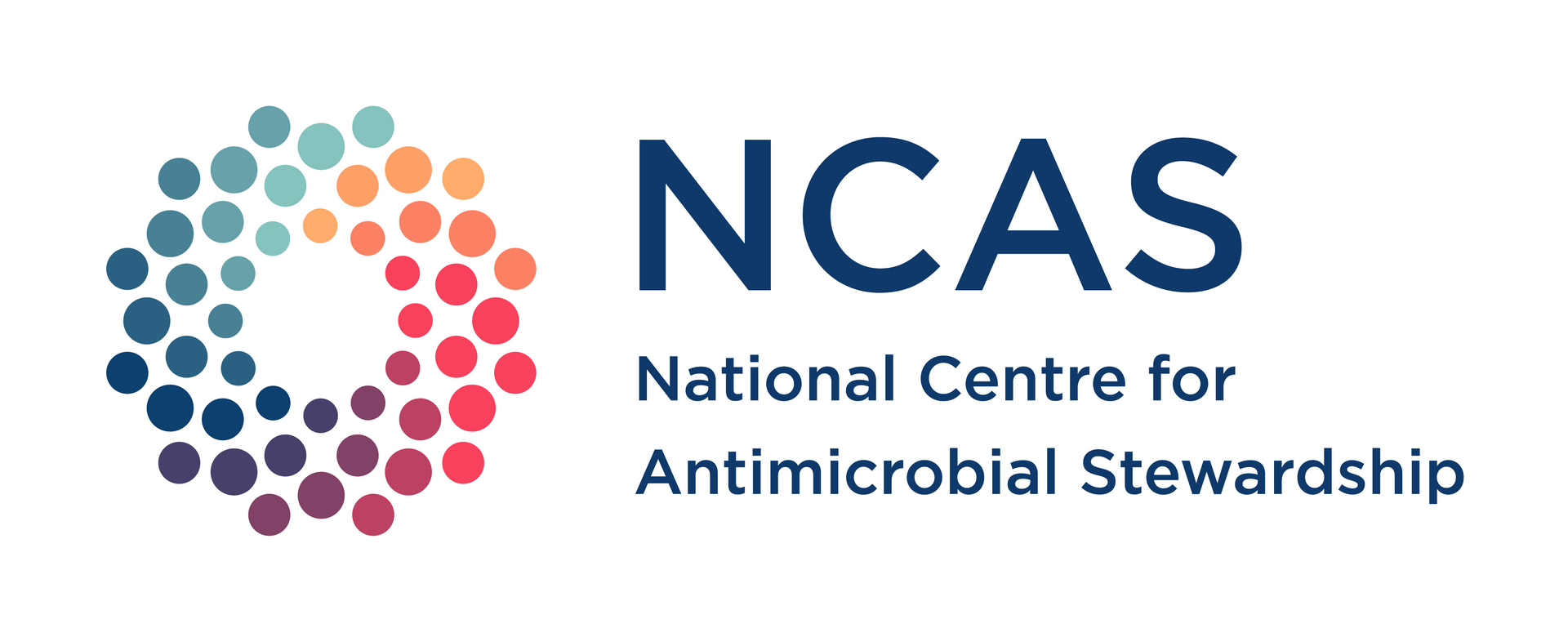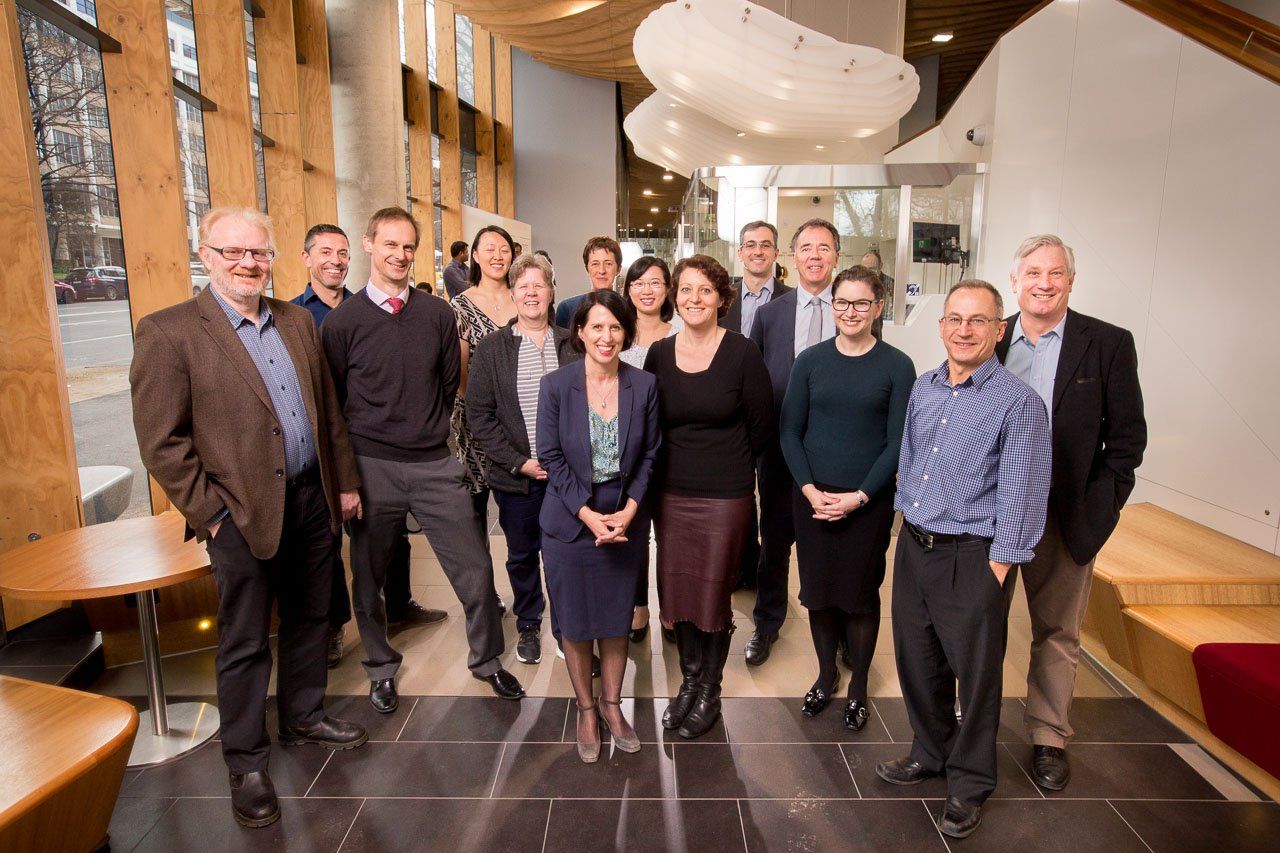About Us
Directors
-
Professor Karin Thursky - DirectorProfessor Karin Thursky - Executive Director
Professor Thursky is an infectious diseases physician and clinical researcher with extensive experience in the development of antimicrobial stewardship programs and knowledge translation research. She is the director of NCAS, an executive director of the Guidance Group at the Royal Melbourne Hospital (RMH), the deputy head of the Department of Infectious Diseases at the Peter MacCallum Cancer Centre, a professor in the Department of Medicine at the University of Melbourne, and a member of the antimicrobial stewardship team at RMH. She was the clinical lead of the Victorian 'Think sepsis. Act fast.' program (Better Care Victoria). She has contributed to health policy as an advisor to the Australian Commission on Safety and Quality in Health Care, Commonwealth Department of Health, World Health Organisation and other bodies.
-
Professor Kirsty Buising - Deputy DirectorAssociate Professor Kirsty Buising - Deputy Director
Associate Professor Buising is the deputy director of NCAS. She has played a pivotal role in the national implementation of stewardship programs. She is an infectious diseases physician and clinical researcher at the Victorian Infectious Diseases Service (VIDS) based at the Royal Melbourne Hospital (RMH), an executive director of the Guidance Group, and an associate professor in the Department of Medicine at the University of Melbourne. A/Prof. Buising is the chair of the antimicrobial stewardship committee at RMH. She has a particular interest in the development of stewardship programs for settings outside of the metropolitan public health system, with current research in private, rural and regional settings. She is the clinical lead of the Victorian Infection Clinical Network (Safer Care Victoria). She has contributed to health policy as an advisor to the Australian Commission on Safety and Quality in Health Care, Commonwealth Department of Health, World Health Organisation and other bodies.


